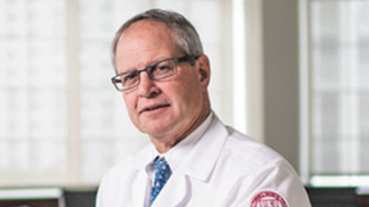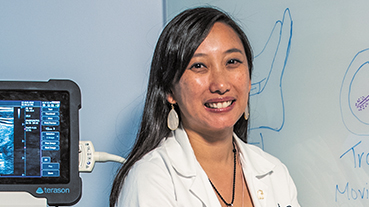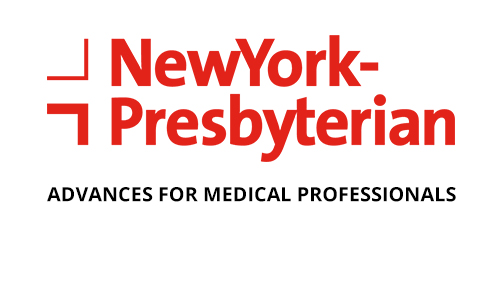Enhancing Endocrinology Education for Physicians and Patients

Dr. Aaron Schulman
Education is a major focus of Aaron Schulman, MD, an endocrinologist in the Division of Endocrinology, Diabetes, and Metabolism and Director of the Endocrinology Fellowship Program at NewYork-Presbyterian/Weill Cornell. “Education is a huge passion of mine and to be able to train the next generation of endocrinologists is very gratifying,” says Dr. Schulman, who is committed to ensuring that fellows have the best possible educational experience during the two-year intensive program.
“Our program is unique in that our fellows are equally educated by faculty at Weill Cornell, Memorial Sloan Kettering Cancer Center, and Hospital for Special Surgery,” continues Dr. Schulman, who collaborates with the endocrinology faculty at all three institutions through conferences, grand rounds, case presentations, and the journal club. “I’m very involved and spend a lot of time listening to any concerns they have and tailoring the program to make it a great educational experience.”
Dr. Schulman also serves as Co-Director of the Endocrinology Program for Medical Students, and is involved in the residents’ endocrinology education, an interest borne out of his own educational training. “When I was a resident here at Weill Cornell, I recall that there wasn’t a lot of endocrinology education at the time, so I’ve made it a focus to try to bring that teaching to the residents as well,” says Dr. Schulman, who also completed his fellowship at Weill Cornell.
Dispelling Myths Surrounding Thyroid Disease
In addition to his academic teaching responsibilities, Dr. Schulman is interested in educating patients as well. “One of the frustrations of being a thyroidologist is that patients come in with a lot of preconceived notions about their thyroid and other glands based on what they’re reading online,” he says. “I address a lot of these claims with evidence-based research.”
Adrenal fatigue is one such example. “Adrenal fatigue has been used to explain a group of symptoms that are said to occur in people who are under long-term mental, emotional, or physical stress,” says Dr. Schulman. “Symptoms include tiredness, trouble falling asleep at night or waking in the morning, salt and sugar craving, and needing stimulants like caffeine to get through the day.” As Dr. Schulman points out, no scientific proof exists to support adrenal fatigue as a true medical condition and patients with these symptoms may have adrenal insufficiency or another health problem that requires an accurate diagnosis and treatment.
“Ultimately, the symptoms of thyroid disease are rather nonspecific,” says Dr. Schulman. “It’s easy for patients, and even providers, to suspect what the patient is experiencing may be related to the thyroid, and so they come in to see us. Sometimes their concerns are related to the thyroid and are very treatable. But oftentimes lab tests don’t bear out a thyroid connection, and in that case as endocrinologists we are unable to help the patient with fatigue, changes in weight, or those issues that people always assume are thyroid related, but are not necessarily.”
However, Dr. Schulman believes it’s important for primary care colleagues to have a degree of suspicion that a patient’s symptoms could result from a thyroid condition. “They should be looking at patients and listening to what they’re telling them and consider the possibility they could have thyroid pathology and test for it.”
Related Publications

Exploring Novel Treatments for Thyroid Cancer

Interventional Endocrinology: An Emerging Specialty







